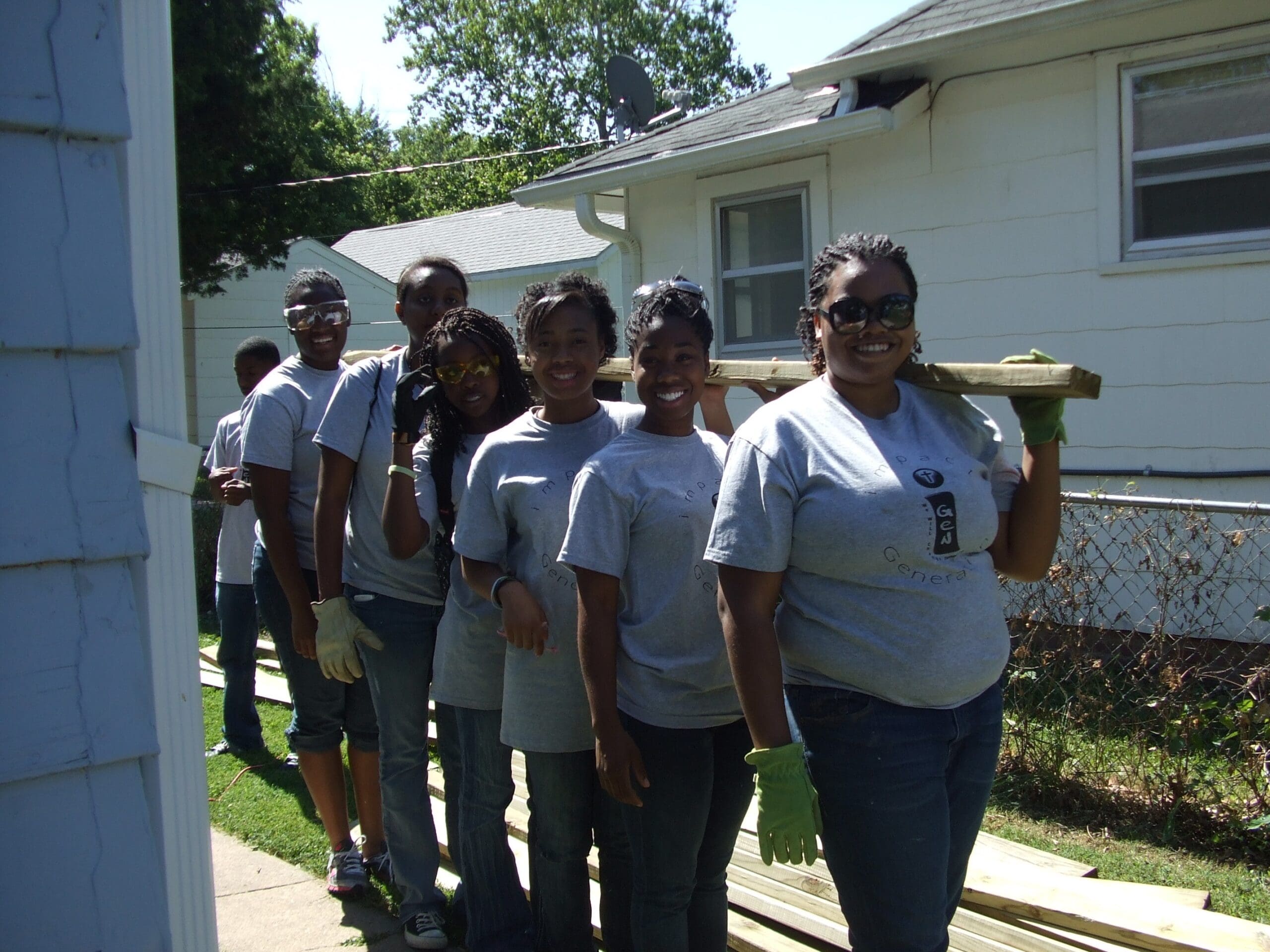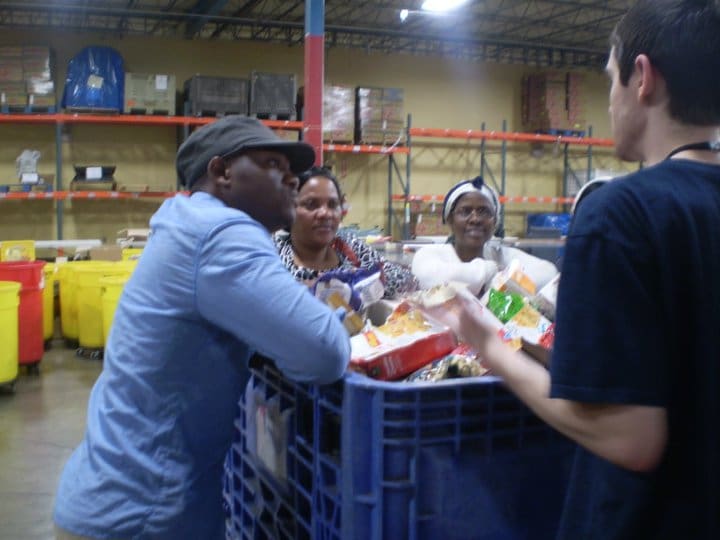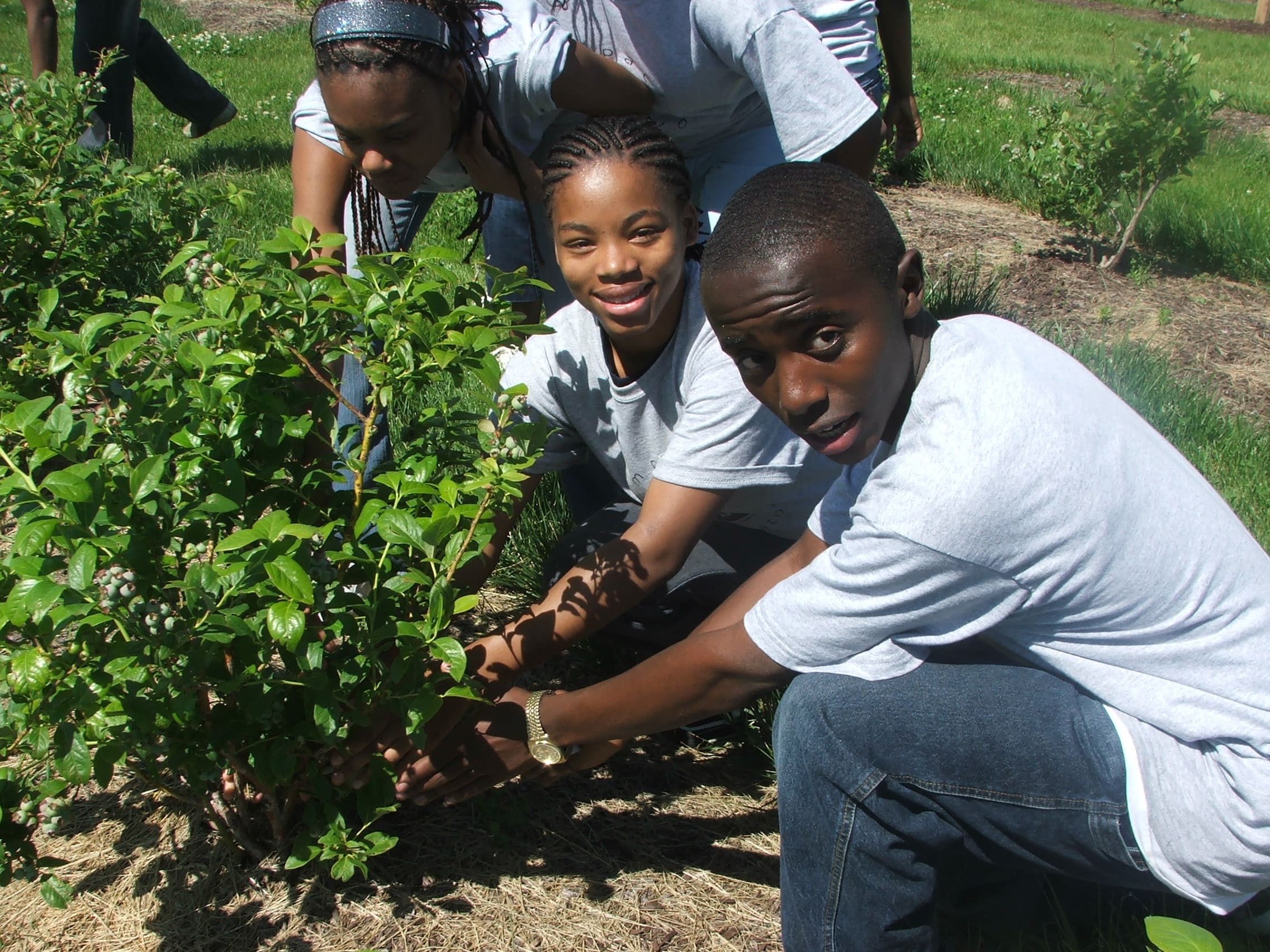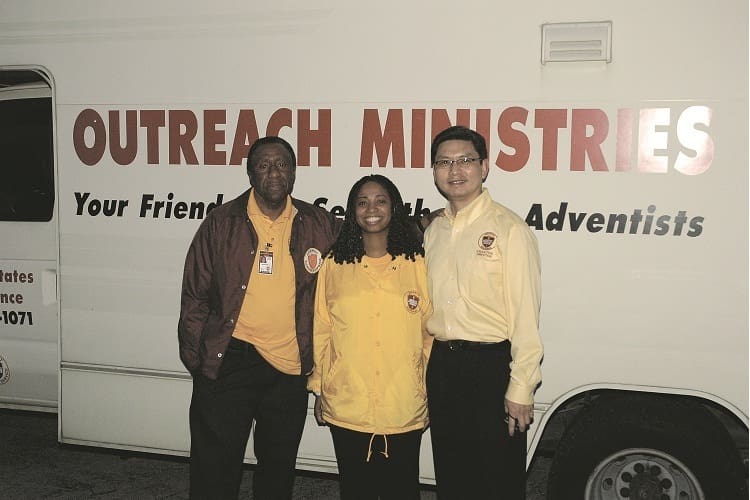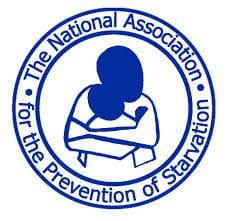Community Services
At the Central States Conference of Seventh-day Adventists
What does Adventist Community Services look like?
Community Services provides an opportunity to reach out to the world as ambassadors for Christ and meet physical, mental and emotional needs.
True success in community engagement
Christ’s method alone will give true success in reaching the people. The Savior mingled with men as one who desired their good. He showed His sympathy for them, ministered to their needs, and won their confidence. Then He bade them, “Follow Me.”
How can you participate?
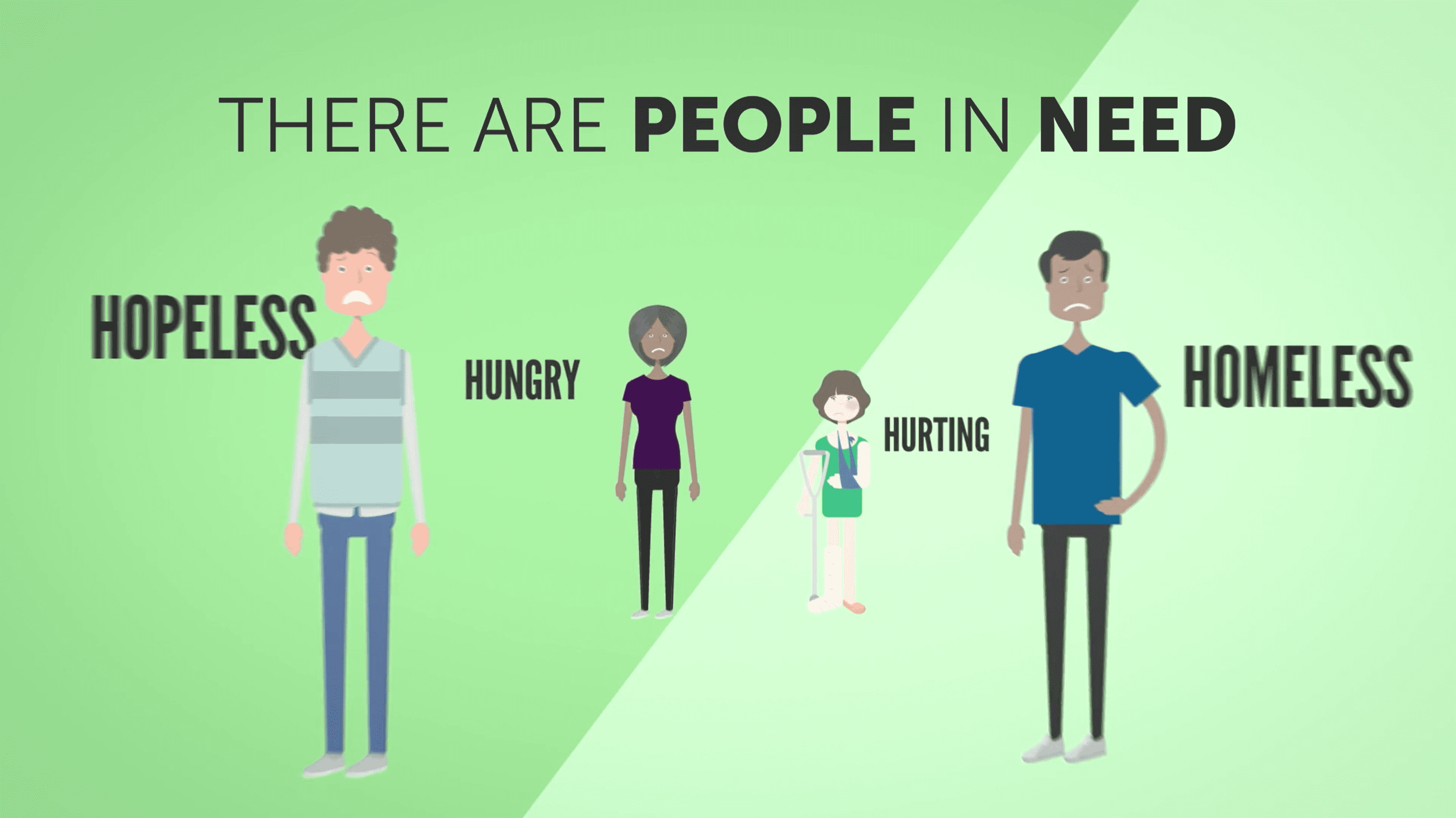
ACS: Answering the Call to Serve
Discover the heart of Adventist Community Services and its various family ministries. Watch this inspiring video to learn how we serve communities in need.

ACS: Non-profit Leadership Certification Program
Input your text here! The text element is intended for longform copy that could potentially include multiple paragraphs.
Compassion Resources
Compassion Resources
Kansas & Missouri
Kansas City
St. Louis
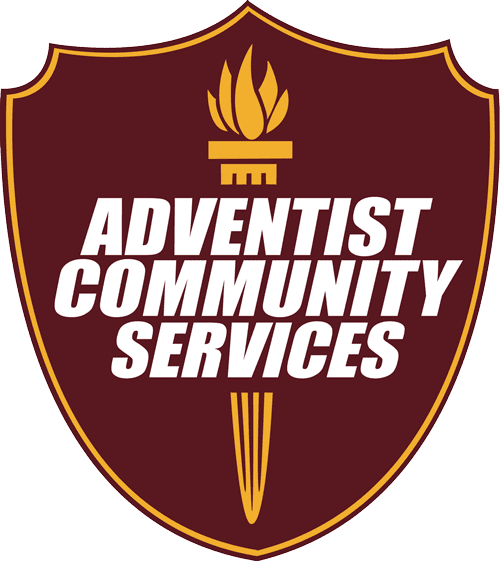
Adventist Community Services
Adventist® Community Services (ACS) offers a range of services including disaster response, spiritual and emotional crisis care, community development, urban & inner-city ministries, elder care ministry, youth and young adults’ empowerment programs, Hope for Humanity initiatives, as well as tutoring and mentoring programs, among others.
To bolster community services, your Conference offers assistance in the following areas:
- Conducting demographic research and following ministry guidelines
- Providing mini-grants to support the creation of inventive ministries
- Awarding scholarships to outstanding high school graduates dedicated to community service

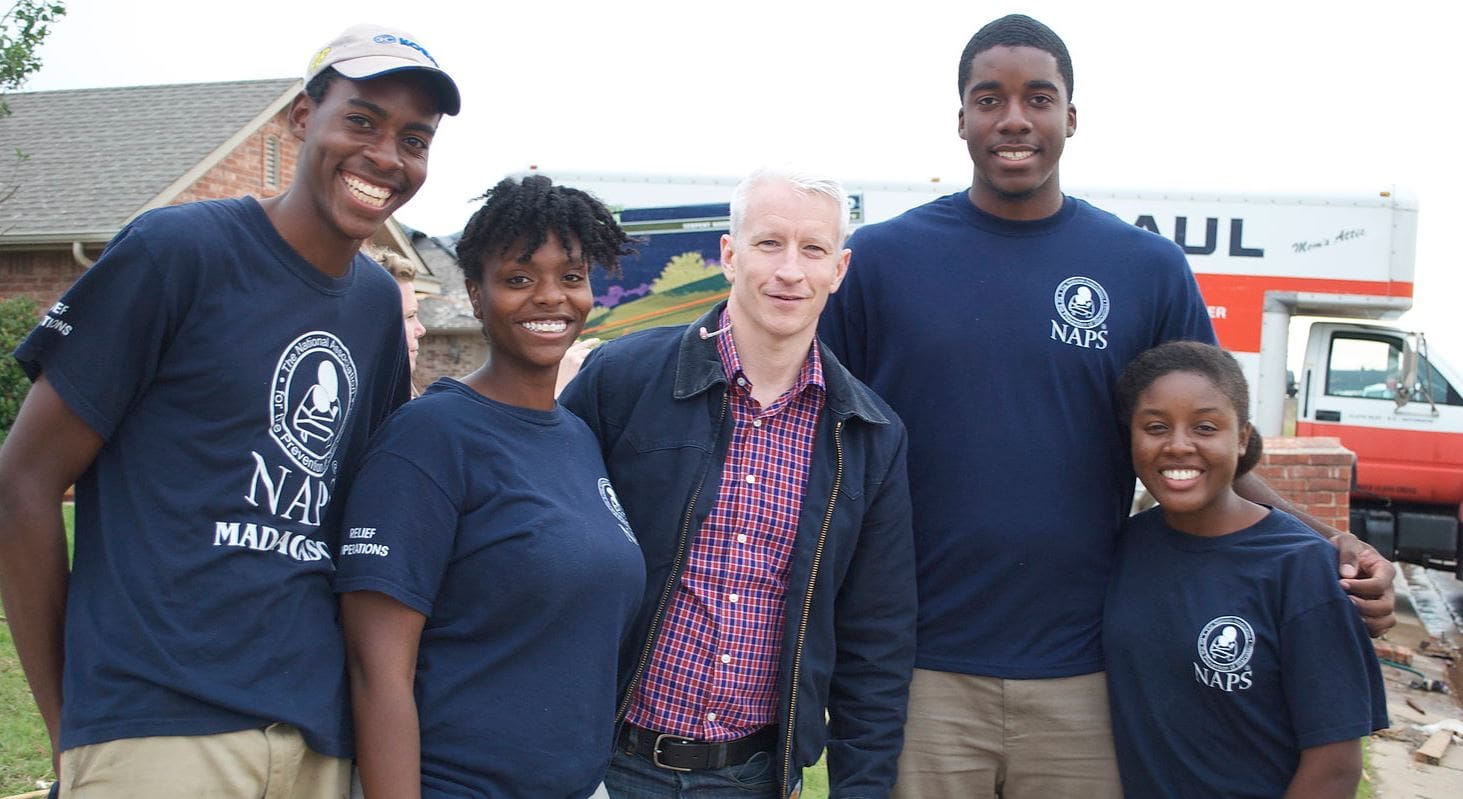
Want to serve?
Hope for Humanity
Hope for Humanity is a ministry aimed at fostering relationships between Adventist members and their communities to promote awareness of the Seventh-day Adventist Church's work and support its compassionate ministries. The organization provides free resources to churches and emphasizes personal wholistic ministry initiatives. About 80% of funds raised support local ministries in North America, while 20% aid overseas partners. Key allocations include support for local conferences, community service projects, and priority initiatives like adult literacy, which has benefitted 200,000 learners recently.
